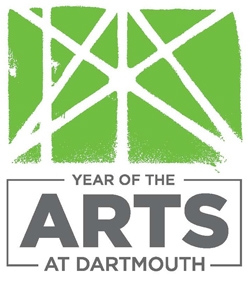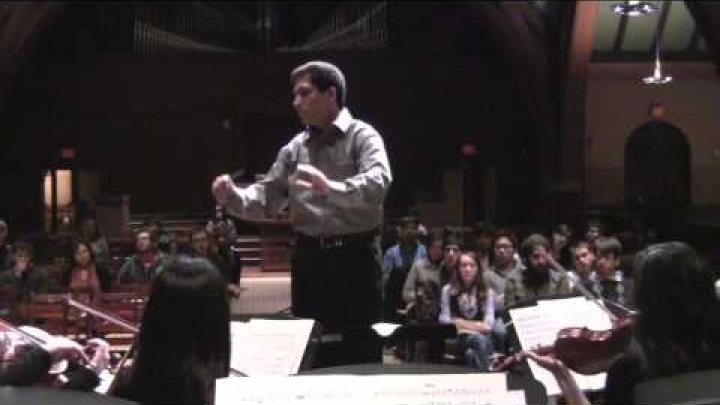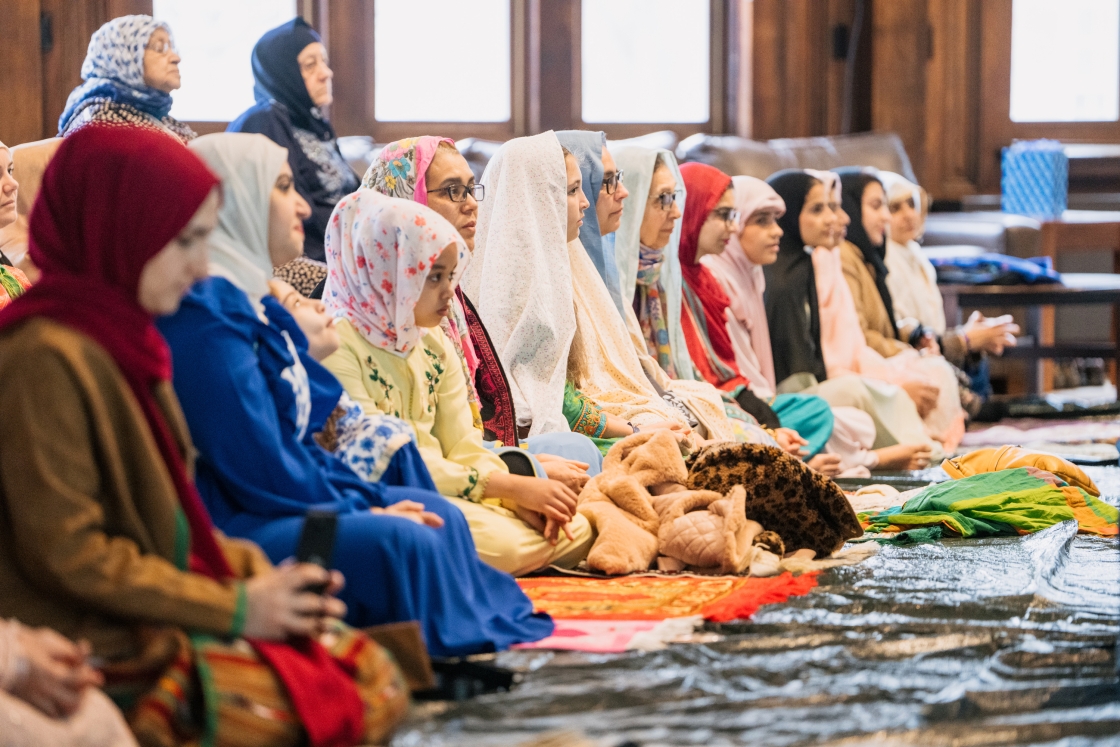It is not every day, or even every four years, that a college student has the chance to direct an orchestra, work with acclaimed dancers, or run a theater production. But in the past month, Dartmouth students have done just that thanks to a new opportunity to showcase their skills during the Year of the Arts.
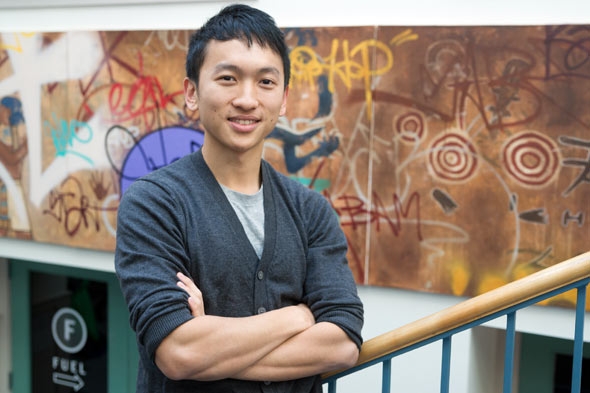
As the first recipients of the Year of the Arts and Dartmouth Centers Forum mini-grants, Paul Finkelstein ’13, Samuel Tan Jun Jie ’14, and Olivia Scott ’13 staged an orchestra recital, a dance workshop, and a theater production, respectively.
Jeff James, a co-chair for the Year of the Arts Steering committee, hopes this will provide opportunities that go beyond the classroom.
“The student mini-grant program was created to offer opportunities for students to explore ideas that go beyond regular programming structures,” says James, the Howard Gilman Director of the Hopkins Center for the Arts. “We’re hoping students will use this initiative to test new ways of engaging with the arts.”
The mini-grants inspire students to do just that, if the first recipients are any indication.
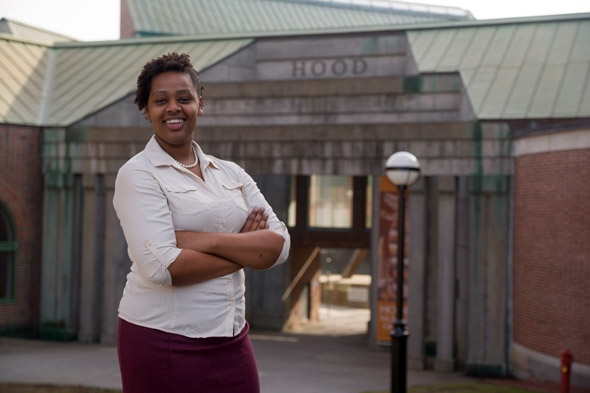
“There aren’t many opportunities on campus for a student to conduct an orchestra, so this mini-grant enabled an experience that would have otherwise been impossible,” says Finkelstein.
He organized a “Conducting Recital and Orchestra Concert” in Rollins Chapel, a free concert that featured music by Edvard Grieg and Joseph Haydn. Finkelstein says he was glad to provide a concert for the community while gaining valuable experience himself. “It has pushed me forward as a conductor and given me more confidence on the podium,” he says.
Scott put on a theater production, held in the Hopkins Center for the Arts, which combined elements of poetry, theater, and music. The show was an interpretation of the play Talk by Carl Hancock Rux, in which the story was “interspersed with songs and poetry that complimented the themes presented in the play,” she says.
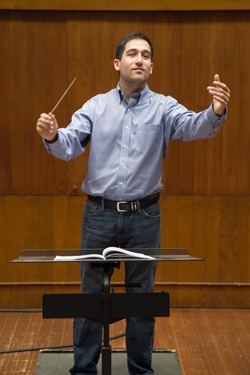
“This event helped bring full circle the idea that art and performance are available as expressions for everyone. This event allowed for more voices, more stories, more discussion on what student performance art can be at Dartmouth.”
The Dartmouth Centers Forum and the Year of the Arts Steering Committee reviewed proposals from students for a wide range of projects. In their applications, students explained how their project would contribute to the Dartmouth community, their outreach strategies, and how they would budget for the event.
Tan, who teaches a dance form called “popping,” planned a dance workshop, which brought in four prominent street dancers from Montreal and California to teach and perform dance. He says he was surprised at the enthusiasm and willingness of participants to try unique dance styles like “the scarecrow,” “the puppet,” and “the robot.” Tan says the workshop and party were evidence that Dartmouth students have an interest in events that provide good, clean fun.
“I believe this will help me lead and teach street soul better, be a better dancer, and help me to organize even more successful events in the future,” says Tan. He hopes participants found an appreciation for the dance forms and also for the culture that surrounds street dancing.
The opportunities for student projects will continue through the Year of the Arts as the Steering Committee and the Dartmouth Centers Forum will be accepting project proposals for mini-grants in the winter and spring terms. Winter term applications for student mini-grants are due by January 11.
“I am always impressed,” says Michael Casey, the James Wright Professor of Music, and a co-chair of the Steering Committee, “by the enduring resourcefulness of Dartmouth students at creating and performing original works of art across the campus.”
